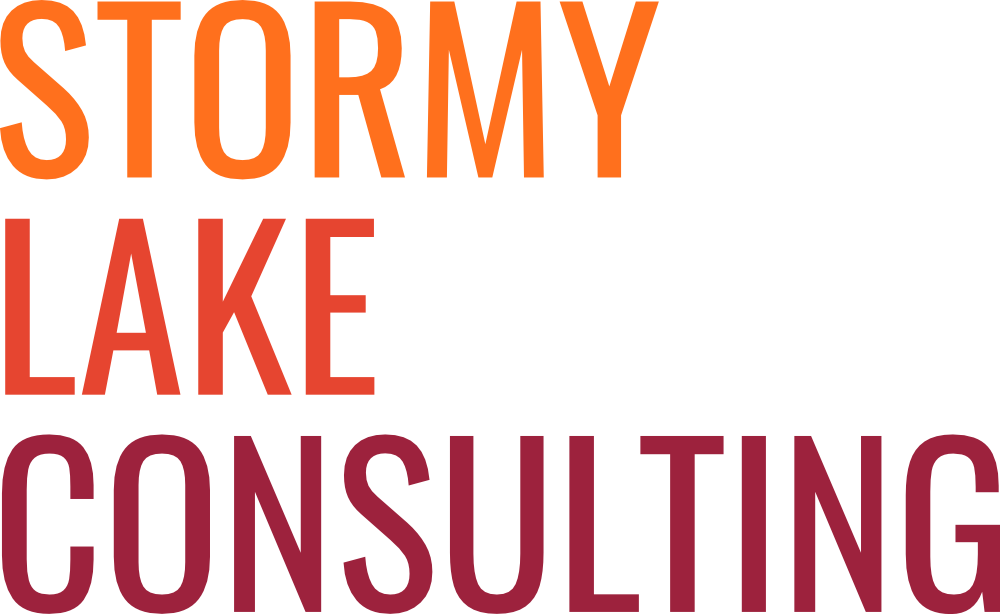The Sheepish One-Year Weekly Update
It’s been a year, almost to the day, since we started the weekly update. It began as a one-time thing and just kept going. Through the course of the year, we’ve made a few – likely futile – attempts to predict the future. This week, we’re going to go big.
What are the likely outcomes of the world fifty years after (this) COVID pandemic? We suggest:
The must-have accessory in the foyer (pronounced foy-eh, not foy-yer) will be the pillar of marble with a holographic head of William Shakespeare spouting Renaissance insults at arriving guests: “Thy sin’s not accidental, but a trade.” Measure For Measure (Act 3, Scene 1).
Tucci-mas, the celebration of the filmography and recipes of Stanley Tucci, will surpass Valentine’s Day as the most widely appreciated and romantic winter holiday.
With the continuing decline of our attention spans, gifs and memes will replace long-form documentaries as the accurate historical record.
For example, the experience of the pandemic will be summarized in one 10-second gif like this one:
As this illustrates, sheep can be a great source of inspiration. Think sleeping, mittens and a nice frenched rack with mint sauce – all things Stanley Tucci likes. Sheep are also relevant in the workplace.
People talk about being a sheep or a shepherd – one just doing their job and other being self-motivated, going the extra mile and always getting the best of that wily coyote. Many like to believe they are shepherds, but sadly there are a lot of sheep.
Pushing this metaphor to the limit, let’s think about the black sheep in the workplace – the ostracized. The ones who never fit in, are not the easiest to work with and no one sits beside in the lunchroom (hopefully you’re not grokking* this situation right now).
How do you know if you’re the black sheep? There are four key tells:
People make fleeting eye contact.
Long pauses in response to your questions.
Closed body language.
You have three bags of wool.
Judging by at least three of these signs, we all might feel like black sheep on Zoom. Even worse is if you’re working at home with your spouse and these are the body-language cues being sent your way.
There’s a fourth workplace type you might want to consider being: Sam Sheepdog (and his pop culture half-sibling, the sheepadoodle). If you recall your Looney Toons days, it was Sam who looked over the sheep, seemingly paying little attention but able to outwit Ralph the Wolf (frequently mistaken for Wile E. Coyote).
But maybe it is the black sheep that you want to be. As the Black Sheep Community says:
“With their ideas, questions and expertise they can break through unconventional work and thought patterns. Their different vision has the potential to inspire people to make a change in their lives. But first they must have the courage to speak their heart. Future Thought Leaders often feel like black sheep or scape goats. They were misunderstood, turned down and ignored by so many people that they lost faith in themselves and humanity. Let’s turn the tables around and let Future Thought Leaders realise they have a gift. Those peculiar ideas are meant to change the world.”
A year into this pandemic, we need all the peculiar ideas we can get our hands on.
*Our WOWU is grokking. To crib from Wikipedia:
Grok is a neologism** coined by American writer Robert A. Heinlein for his 1961 novel Stranger in a Strange Land. While the Oxford English Dictionary summarizes the meaning of grok as "to understand intuitively or by empathy, to establish rapport with" Heinlein's concept is far more nuanced. The concept of grok garnered significant critical scrutiny in the years after the book's initial publication. The term and aspects of the underlying concept have become part of communities such as computer science.
When you claim to "grok" some knowledge or technique, you are asserting that you have not merely learned it in a detached instrumental way but that it has become part of you, part of your identity. To say you "grok" a computer language is to claim that you have deeply entered the world-view and spirit of the language, with the implication that it has transformed your view of programming.***
**Again, a WOWU double-header. A neologism is a word, or phrase that may be in the process of entering common use, but that has not yet been fully accepted into mainstream language. E.g., meme.
***Not another WOWU, that would be ridiculous even for us – but a goal of all our work should be to grok our discipline. Much like a being a good shepherd. Or a Good Shepherd if you celebrate Easter.
